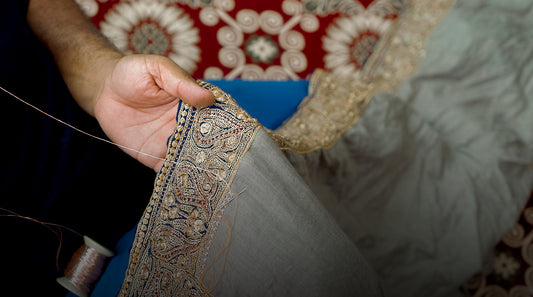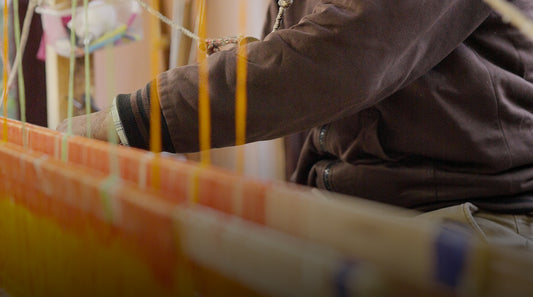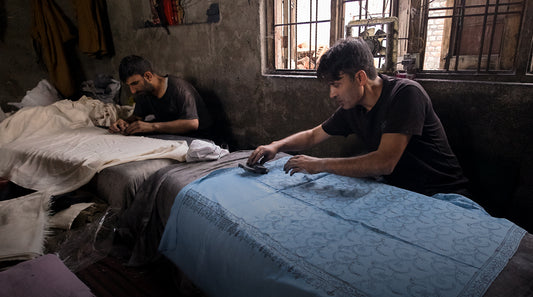
Empowering Rural Artisans: The Role of Ethical Brands
India’s rural artisans are the custodians of its cultural wealth. From intricate embroidery to handwoven textiles, their work reflects unparalleled skill and dedication. Despite this, many artisans face challenges, including exploitation by middlemen, low wages, and lack of market access. Ethical brands have emerged as game-changers, transforming these artisans' lives by offering them fair opportunities.
Ethical brands prioritize fair trade practices, ensuring artisans receive fair compensation for their labor. By cutting out middlemen, these brands directly connect artisans to customers, allowing for greater transparency and trust. They also invest in capacity-building programs, teaching artisans modern techniques while respecting traditional practices. This blend of old and new ensures their craft remains relevant in changing markets.
Beyond economic empowerment, these brands play a crucial role in preserving cultural heritage. They highlight the value of handmade goods and educate consumers on the effort and artistry involved. Campaigns showcasing the stories of artisans not only boost sales but also instill a sense of pride among the craftsmen and women.
Moreover, ethical brands promote sustainability by opting for eco-friendly processes and materials. Artisanal products are inherently sustainable as they are created with minimal environmental impact compared to mass production.
By supporting ethical brands, consumers contribute to a cycle of empowerment, preservation, and sustainability. Together, we can celebrate the artistry of rural artisans while ensuring they thrive in a competitive, modern world.



